28+ SAMPLE Branding Agreement
-
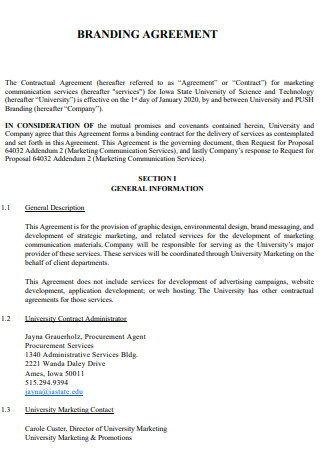
Branding Agreement
download now -
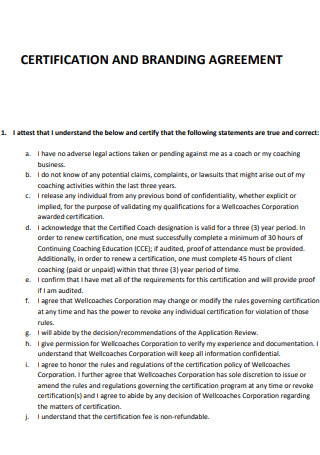
Certification and Branding Agreement
download now -
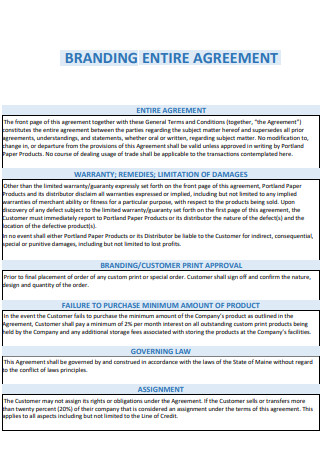
Branding Entire Agreement
download now -
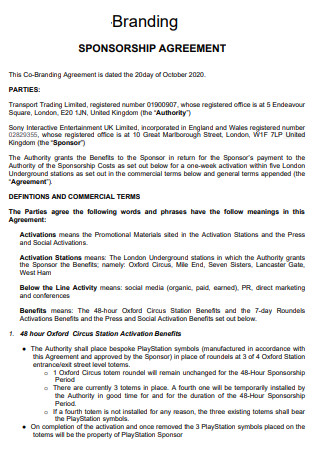
Branding Sponsorship Agreement
download now -
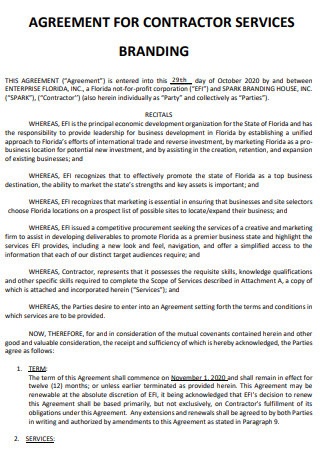
Branding Contractor Agreement
download now -
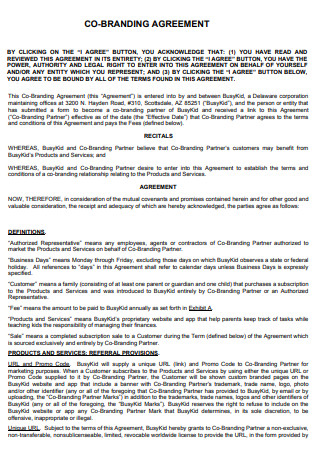
Co-Branding Agreement
download now -
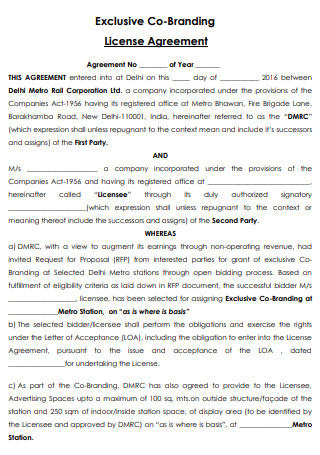
Exclusive Co-Branding License Agreement
download now -
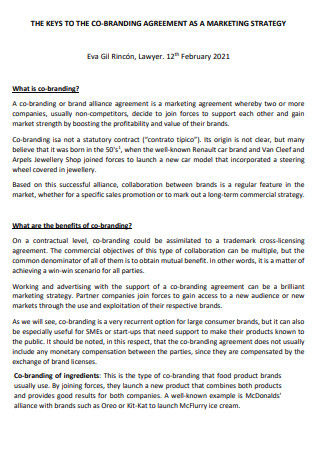
Co-Branding Marketing Agreement
download now -
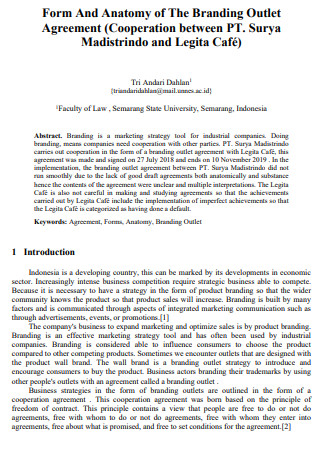
Branding Outlet Agreement
download now -
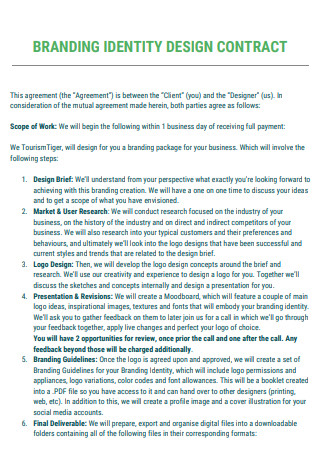
Branding Identify Design Agreement
download now -
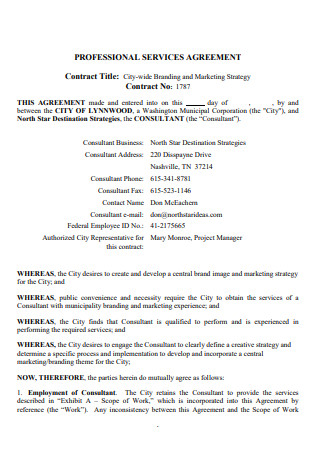
Branding Service Agreement
download now -
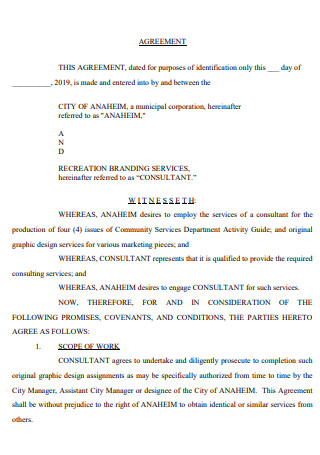
Recreation Branding Services Agreement
download now -
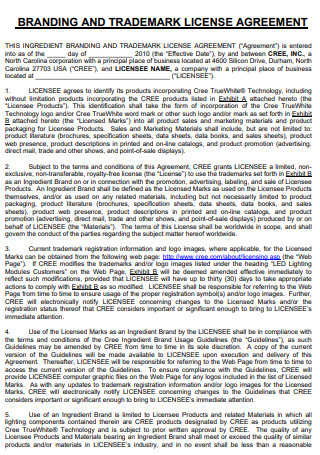
Branding And Trademark License Agreement
download now -
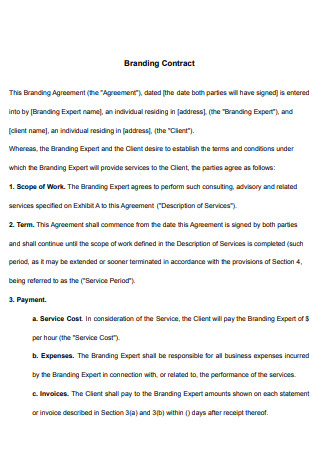
Branding Contract Agreement
download now -
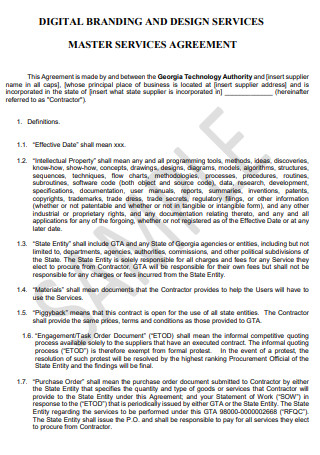
Digital Branding Agreement
download now -
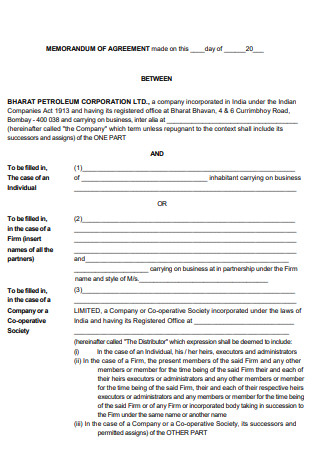
Sample Branding Agreement
download now -
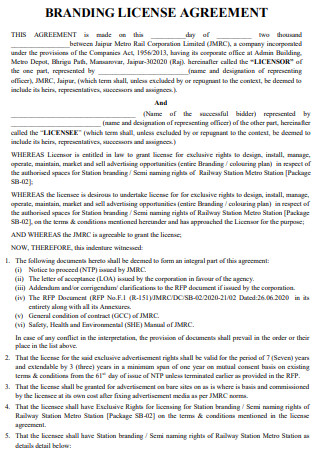
Branding License Agreement
download now -
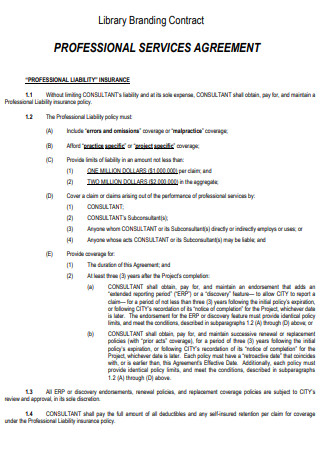
Library Branding Contract Agreement
download now -
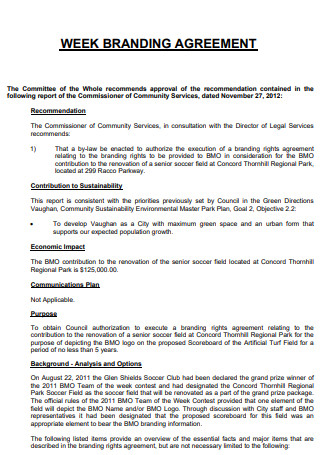
Week Branding Agreement
download now -
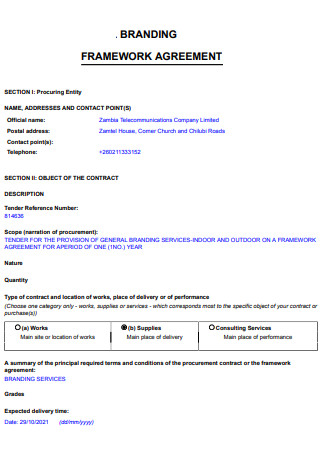
Branding Framework Agreement
download now -
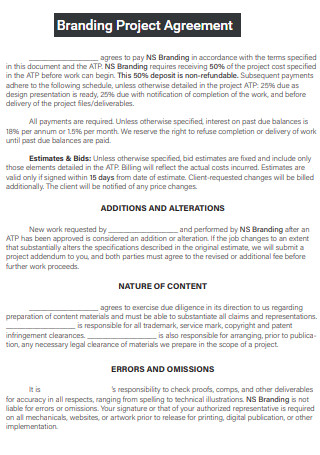
Branding Project Agreement
download now -
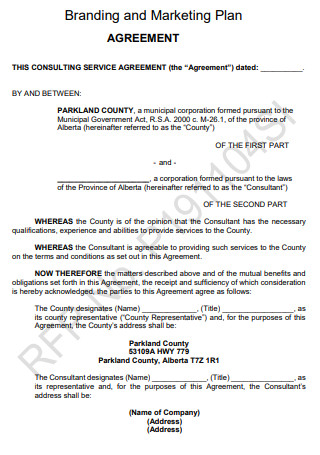
Branding And Marketing Plan Agreement
download now -
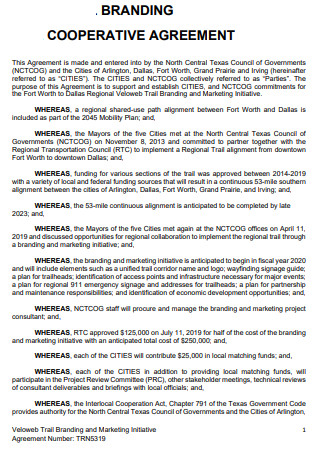
Branding Cooperative Agreement
download now -
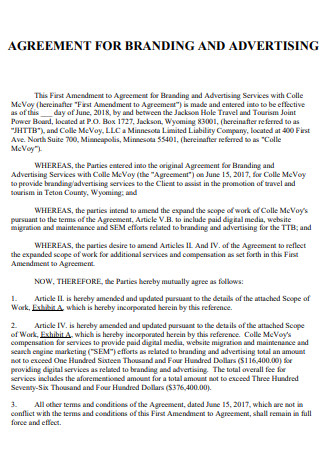
Branding And Advertising Agreement
download now -
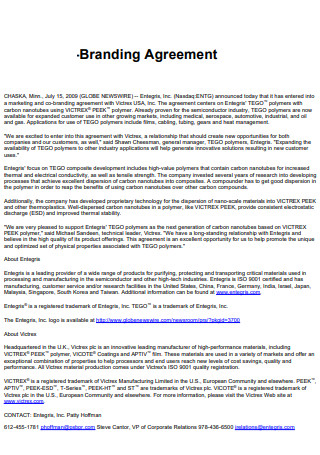
Branding Agreement Example
download now -
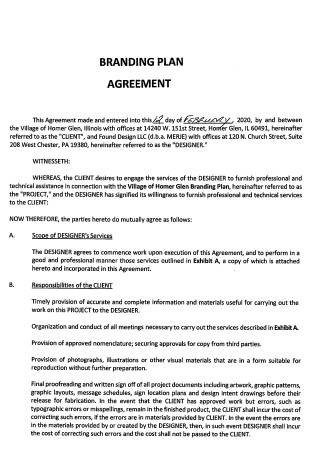
Branding Plan Agreement
download now -
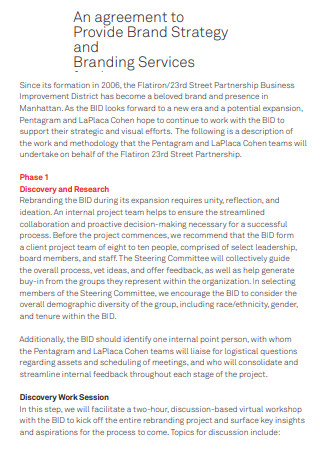
Brand Strategy and Branding Agreement
download now -
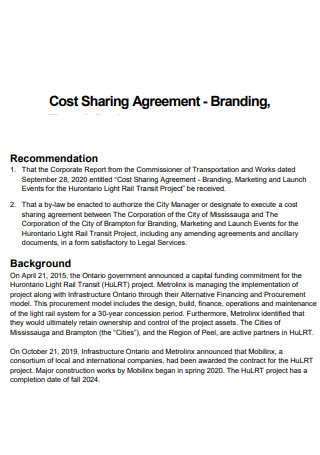
Branding Cost Sharing Agreement
download now -
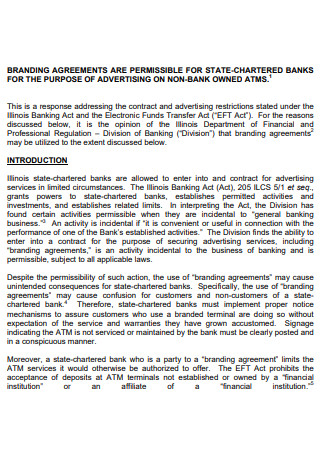
Branding Agreement Template
download now
What Is a Branding Agreement?
A Branding agreement is a written contract that specifies the branding services that an independent contractor will give to a client. It’s where you lay down all of the work you will do, how long it will take, and how much you will charge. It also specifies the contract’s relevant law in the event of a breach by either party. An agreement for branding effectively lays forth the agreement’s terms and conditions, as well as specifics on how to resolve a problem or misunderstanding if one arises. Feel free to view the available branding agreement sample you can use as a reference.
Tips on Branding
Branding is an investment that both small and large businesses must make. Many business owners believe that branding is just a logo and that it has no bearing on their marketing success. Several successful brands are expected to have good branding as it gives businesses several benefits such as a strong identity, personality, and point of difference, all of which are important considerations in helping you stand out from the crowd.
Brand Equity and Strong Brand Partnerships
A branding partnership is an agreement between two or more companies or organizations to work together on a project. Companies help one another enhance brand visibility, enter into new markets, and provide value to their products or services through these collaborations. Brands can do the following when good brand alliances are formed and used efficiently across the complete distributed network. This curated list will give you important aspects of working with a particular brand. Continue reading to find out more.
How to Write a Branding Agreement
Reaching this point means you have read through all the curated lists made in this article which is intentionally meant to help you out to further understand what goes into branding. Now is the part where you will make the document and fill in the contents for yourself. We provided you with a template so you won’t have to worry over the format but do remember you still need to make it unique so that it will cater to the needs of your client. If you need another reference, look into the branding agreement example readily available.
-
1. Parties’ Details and Definition
Since a contract is a legally binding instrument, the first step is to identify the parties to whom it applies. State the service provider, client, and involved parties. It’s also crucial to specify if the client is an individual or a legal company. To properly identify the parties, give their legal names, business addresses, email addresses, and, in some cases, personal or tax ID numbers. This is the legal information required if legal action against one party is necessary. When you are looking for definitions and terminology to employ, make sure they are compliant with the laws of your state, country, and industry.
-
2. Scope of Work
This section ensures that everyone understands what services you, the branding expert, will be delivering. The Project Scope outlines how you will accomplish the project’s goals and objectives, as well as how you will accommodate the client’s requests. This section is crucial since it is here that you sink your teeth into the project’s needs. This is where you define the offer; this is the information that the client accepts or rejects when they sign the contract. The rest of the contract is significant as well, but this is one of the most crucial sections.
-
3. Deliverables and Milestones
It’s important to give a full explanation of the deliverables and milestones after you have clarified the project’s objectives and the services you will provide. This will assist you in completing the project on time. When it comes to establishing a specific set of deliverables, branding projects and creative projects, in general, aren’t always straightforward. The reason for this is that the majority of the Time, the people that hire the creatives are unfamiliar with the intricacies of the work at hand. You need to define the meticulous details that not everyone will be aware of.
-
4. Payment Terms
Once the parties have reached an agreement, you must ensure that you are compensated for your efforts. Some of the important details that you should specify are the Payment methods when they are expected, would the client be paying upfront, and any additional rates for working outside of the scope of the agreement. It’s best to have formal approval of the payment methods and amounts ahead of time. It’s pointless to spend time drafting a contract that the client will reject right away because of the payment terms. Ascertain that the client understands and accepts the payment schedule, as well as the date and method of final payment.
-
5. Confidentiality Agreement
It’s all about brand familiarity and awareness when it comes to branding. This does not imply that your client wants you to divulge their company secrets with others. Ensure that both you and your client are aware of the information that must be kept private throughout the project’s timetable. Make sure you state when the Confidentiality will end. For marketing purposes, you could want to incorporate their logo or testimonials on your page. You may not be able to do so if confidentiality is maintained after the project is completed. Discuss with the customer how sensitive information will be handled, and evaluate this condition on a case-by-case basis.
-
6. Termination
For the end of the agreement, you should state the end of the project which ends the agreement as well. Indicate whether the agreement will end when the project is completed, if there is a deadline, or if either party can terminate the agreement with a written notice. Failure to specify when termination is permitted and the various possibilities for termination, such as completion or breach of Contract, might place both parties in a difficult situation. Failures like these should be avoided in all contracts, not just branding contracts.
FAQs
What is co-marketing?
In a branded collaboration, the partners frequently engage in marketing activities to jointly advertise their products. The partners collaborate to develop the promotion, which requires less work from each partner and allows them to share the benefits of the co-marketed offer. The paired companies’ audiences are often comparable, and by working together, they may promote their co-branding items to both populations. In some cases, a collaborative marketing campaign might assist the partners in breaking into a previously untapped market and establishing a new audience.
What is an advantage of co-branding?
Risk sharing, royalty income generation, increased sales revenue, increased customer trust in the product, broader scope due to joint advertising, technological benefits, improved product image due to association with another well-known brand, and greater access to new sources of finance are just a few of the benefits of Co-Branding. If you are interested, you can make use of a brand management agreement to have your brand be managed responsibly with a reputable company.
What is the importance of contracts?
Transacting commerce used to be simple. When both sides agreed to complete a trade, they kept their word. Professionals are all too aware of the long history of deal-breaking and lawsuits that have occurred all around them. Contracts are essential in the business world because they clarify both parties’ expectations and protect them if those expectations are not met, and lock in the price for services. Ensure the safety of your company by having contracts in all agreements, discussions, and meetings you are involved in. This helps parties or any involved figures to be aware of what is part of their document.
Throughout this article, branding has been continuously established as an important part of any company. Even if it were to be done through digital marketing, branding is important to set so that loyal customers and even ones that are not part of your sole target market are introduced to your brand. Go ahead and view the partnership contract to see how it is done.
